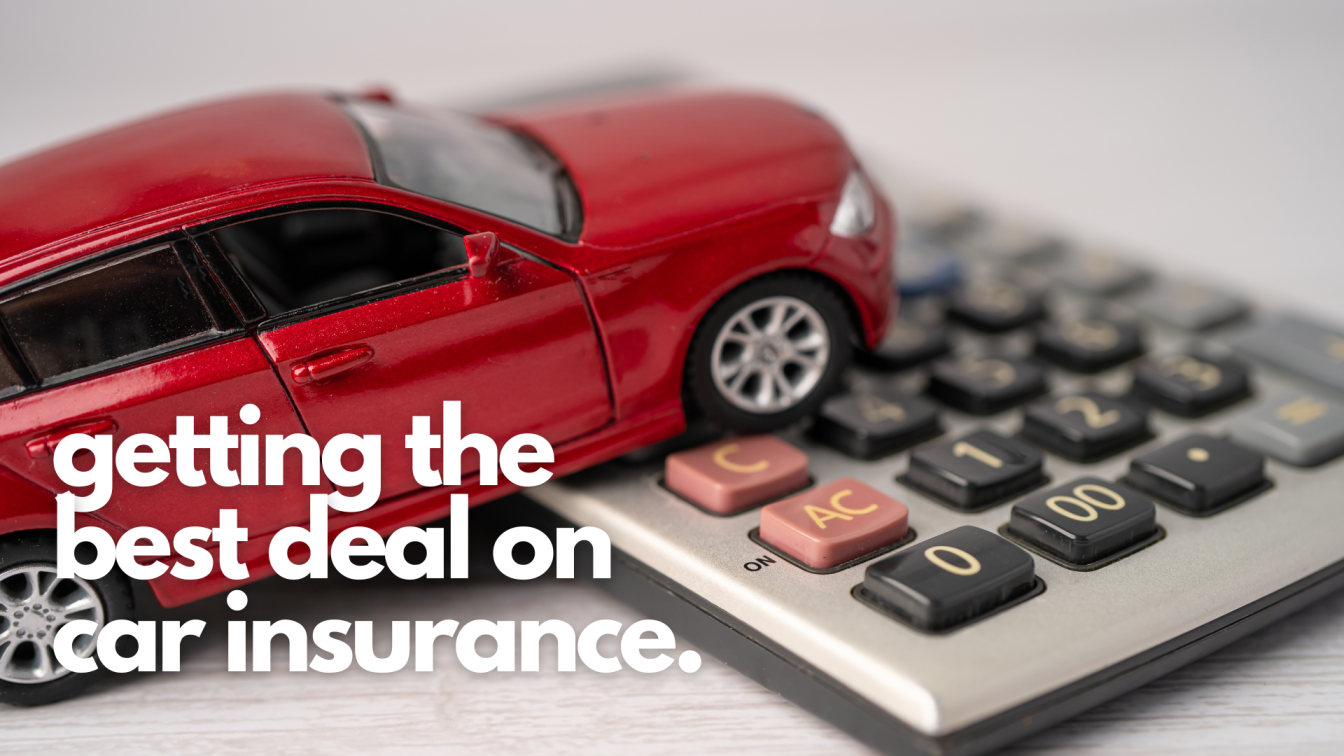An important factor in your journey to freedom and wealth is minimizing your monthly expenses. Typically, car insurance is one of the more significant expenses a skipper has, so let’s discuss how to minimize this expense. Car insurance is not just a legal requirement; it’s a crucial safety net that protects you and your vehicle in case of unforeseen events. That said, by following a few simple steps, you can ensure you’re getting the best deal on your car insurance without compromising on coverage. So, let’s dive into a simple insurance savings gameplan and discover how you can keep more money in your pocket.
Introduction
When it comes to car insurance, finding the best deal is essential. Not only does it save you money, but it also provides peace of mind knowing that you’re adequately protected. So, let’s explore some key strategies to help you secure the best possible deal on your car insurance.
1. Understand Your Needs
Before you start shopping for car insurance, take the time to assess your coverage requirements. Consider factors such as the age and condition of your vehicle, your driving habits, and any specific coverage needs you may have. This will help you determine the type and level of coverage that best suits your needs.
2. Shop Around and Compare Quotes
One of the most effective ways to ensure you’re getting a good deal on car insurance is to shop around and compare quotes from different insurance providers. Take advantage of online tools and resources that allow you to easily compare rates and coverage options. Today, there is a wealth of online tools designed to assist consumers in their quest for affordable car insurance. Websites such as thezebra.com, Insure.com, NerdWallet, and Policygenius provide free car insurance quote comparison tools. These platforms allow you to input your information and quickly receive a variety of quotes from different insurers. Additionally, apps like Gabi not only provide comparison quotes but also analyze your current insurance coverage to find potential savings. Leverage these resources to make an informed decision and secure the best deal for your specific needs. Don’t settle for the first quote you receive; instead, obtain quotes from multiple companies to get a comprehensive view of the market.
3. Consider Discounts and Bundling Options
Insurance companies often offer various discounts that can help you save on your premiums. These discounts can range from safe driver discounts to multi-policy discounts when you bundle your car insurance with other types of insurance, such as home or renters insurance. Be sure to ask about any available discounts and take advantage of them to maximize your savings.
4. Review and Understand Policy Details
It’s crucial to carefully review and understand the details of your car insurance policy. Read the fine print, know what is covered and what is not, and be aware of any deductibles or limitations. Understanding your policy will help you make informed decisions and avoid any surprises when it comes time to file a claim.
5. Maintain a Good Driving Record
Your driving record has a significant impact on your insurance rates. By maintaining a clean driving record and avoiding accidents or traffic violations, you demonstrate to insurance companies that you are a responsible driver. This can lead to lower premiums and substantial savings over time.
6. Consider Your Deductibles
Dialing UP the amount of your deductibles to lower your insurance premiums is a quick way to lower your payment. A deductible is the amount you pay out of pocket before your insurance coverage kicks in. By selecting a higher deductible, there is a good chance you’ll be able to reduce your monthly or annual premiums. However, it’s important to ensure that you can comfortably afford to pay the higher deductible if you need to file a claim.
7. Collision and Comprehensive Coverage – Do you need it?
One important decision you’ll have to make is whether to include collision and comprehensive coverage in your car insurance policy. Collision coverage pays for your vehicle’s repair or replacement if damaged in an accident, regardless of who is at fault. On the other hand, comprehensive coverage covers non-collision damage, such as theft, fire, or natural disasters.
As essential as they are, these types of coverage may not always be necessary. If your vehicle is older and its value has significantly depreciated, the cost of collision and comprehensive coverage could potentially exceed the value of your car. In such cases, it might make more financial sense to save the premiums and set aside money for a potential replacement.
However, if your vehicle is newer, or if you couldn’t easily afford to replace it, collision and comprehensive coverage become more important. These coverages protect your investment and provide peace of mind, ensuring you won’t face significant financial hardship due to unforeseen circumstances.
Remember, it’s all about balancing your coverage needs with your budget. Be honest with yourself about your financial situation and the state of your vehicle to make the most informed decision.
Conclusion
Securing the best deal on car insurance requires a proactive approach and a willingness to explore your options. By understanding your needs, comparing quotes, taking advantage of discounts, and maintaining a good driving record, you can significantly reduce your premiums while ensuring the coverage you need. Remember to review and update your policy regularly, and don’t hesitate to shop around for better deals. With a little effort and research, you can find the perfect balance between coverage and affordability. Take action today and start saving on your car insurance premiums!

